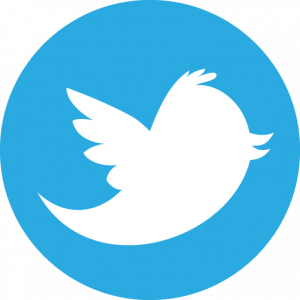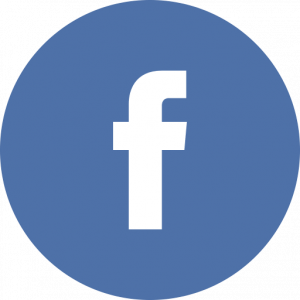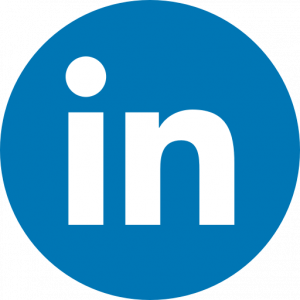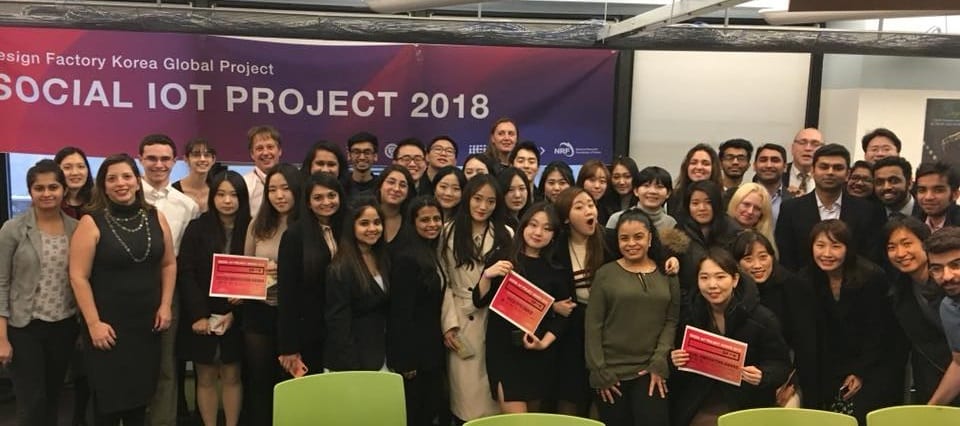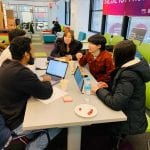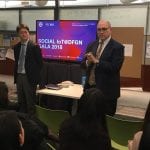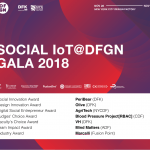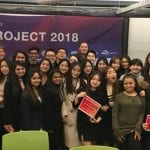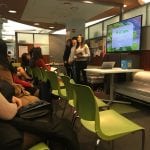On November 30, 2018, the Seidenberg School of Computer Science and Information Systems held a daylong Social IoT Workshop on the New York City campus.
The workshop, which came with the slogan “innovation development in four hours,” held a contest in which participants worked to develop a fully thought-out product to pitch in just four hours.
The focus was on fixing problems with socially innovative approaches. Students were placed into groups. There were a total of five teams for the workshop. Groups were tasked with coming up with the stigmas and problems associated with five different categories: zero hunger, well-being and security, energy and well-being, mental health, and quality education.
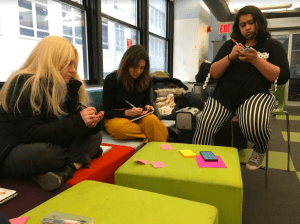 While the design thinking process usually involves five steps: empathize, define, ideate, prototype, and test, time and budget dictated that this session only used the steps from define to prototype.
While the design thinking process usually involves five steps: empathize, define, ideate, prototype, and test, time and budget dictated that this session only used the steps from define to prototype.
Each session during the four-hour workshop lasted from 45-60 minutes. The first session started off with introductions, so each group got to get to know one another first. As a Design Factory event, participants in the workshop hailed from all around the world: alongside our own NYC Design Factory students, we had the company of many participants from Design Factory Korea (DFK), Aalto Design Factory in Finland, DF Javeriana Bogota in Columbia, and Fusion Point in Barcelona. With so many cultures and communication styles together, one thing became clear: working together would be key!
Most groups began the process with a natural instinct involving lots of sticky notes and brainstorming. When it came to deciding team names, one member quipped with humor, “that may be the hardest part.”
View this post on Instagram
Once the first session ended, groups presented their finalized idea to a panel of judges. Upon reviewing their ideas with the panels and receiving constructive criticism and praise, the groups had the opportunity to update their designs and plans in the next session.
The last sessions included making presentation plans and prototypes. Each group made either crafted or sketched out prototypes, presentations, and idea explanations for the panelists. Once their pitches and prototypes were finalized, the groups were ready to present to everyone!
The five groups presented radically innovative ideas for each social problem they were assigned. Among these ideas was Ami, a “lifelong smart companion that analyzes and interacts with its user as an emotional support friend.” Another included a heated blanket that monitors body temperature. After each presentation finished, the judges grouped together to determine the winners.
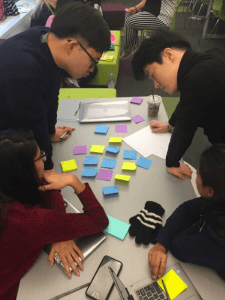 The panelists decided on two winners this workshop, instead of just one. Team “Guardians of Data,” who worked on creating an anonymous platform for patients and physicians, and the team that worked on a malnutrition detection machine were declared the overall winners. Congrats, teams!
The panelists decided on two winners this workshop, instead of just one. Team “Guardians of Data,” who worked on creating an anonymous platform for patients and physicians, and the team that worked on a malnutrition detection machine were declared the overall winners. Congrats, teams!
After the workshop, I talked with Kinnari Jasoliya about her experience being on a winning team. Kinnari, an MS in Computer Science major, said: “It was a good experience, and we had a lot of brainstorming, which really kicked in for us to think of new ideas and also to collaborate with people from different countries as well. We get experience to work with diverse people. We went from start to end for a certain product, so it’s a really good experience to know how a product shapes from a basic idea to a full-grown product.”
Student Zachary Demeglio, a freshman Information Technology major on the Pleasantville campus, also explained what he enjoyed about the Social IoT workshop.
“It was a nice experience being able to work with people around the world that have different ideas, come from different parts, [and] have different experiences that they have had personally, compared to what I have been experiencing here,” said Zachary. “[When] collaborating these ideas, it is actually really cool to see what we can come up with together as a team. I would definitely recommend it for somebody else to do, and I’m going to do it next year as well.”
We can’t wait to host the Social IoT workshop next year, either! Our huge thanks go to Design Factory Korea for working with us to make it happen, and for those of you interested in taking part in this unique experience in Fall 2019.
Follow us on social media for updates!




